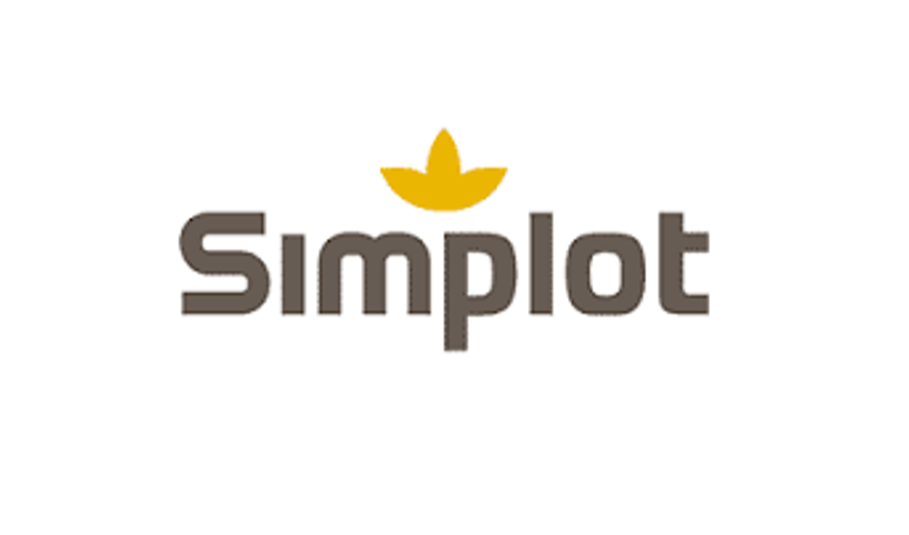Upskilling Subject-Matter-Experts (SME's) for change leadership
Right at the start, we commenced working with the SME cohort who represented a department impacted by the implementation of the Trade Promotions Platform. The role of the SME was to provide technical expertise from their area, as well as to champion the change and show public support for the change to be adopted within their department.
Spending the time to upskill the SME group in "leading change" had a significant impact on making the change successful. This was achieved with interactive learning workshops covering the foundations of change (the science of change in our brains, the theory of change in organisations, how to identify resistance and support people to change their behaviours etc) we also provided practical tools and support for each SME.
From the program, the SMEs were then able to build their own 60 day plans for leading themselves and leading others through the TPP change.








